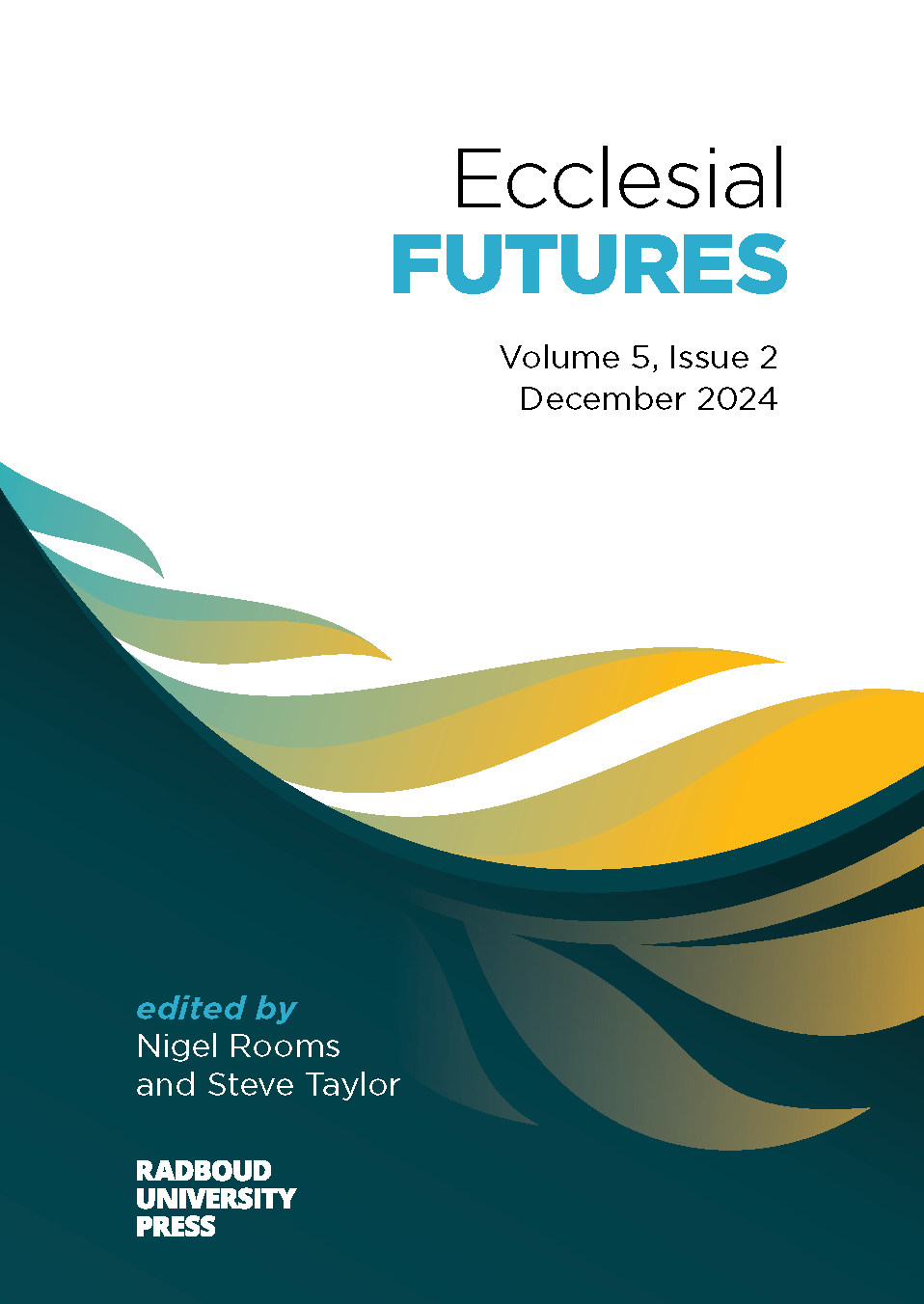Healing the Wounded to Lead in the Postcolonial Church
DOI:
https://doi.org/10.54195/ef19268Keywords:
Colonialism, Africanization, Decolonization, Coloniality of the heart, Wounder, Healer, TransformationAbstract
Amidst calls for decolonization and Africanization in theological reflection on the African continent, this paper looks at the long-lasting effects of colonialism, its power, and the inequalities and vulnerabilities it created, and how, long after the demise of the structures of colonialism, the coloniality of the heart still lingers.
As a white South African, of French Huguenot descent, I was part to a minority group which dominated non-white citizens during apartheid. I still reap the benefits of this past privilege but the opposite is true for those who suffered under apartheid, who lives with a legacy of inferiority. For decolonialisation to succeed, the historically privileged must lay down their colonial position of superiority to bring about a shift in power, where the historically wounded create their own identity.
This article makes use of Exegesis by Story as methodology to describe the journey of the Old Testament judge, Gideon, as an example on healing and restauration of the hearts and minds of the oppressed. The research results furnish the church with a transformational approach of coming alongside the appressed, facilitates healing, and empowers the wounded to become healers.
Downloads
Downloads
Published
Issue
Section
License
Copyright (c) 2024 Pieter Labuschagne

This work is licensed under a Creative Commons Attribution 4.0 International License.










